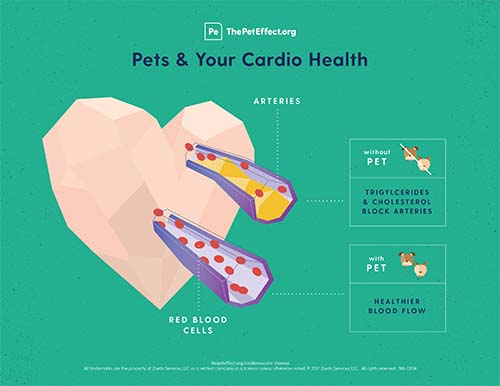Principal Investigator
Full Text
Rationale
Post-traumatic stress disorder (PTSD) is a prevalent and debilitating disorder that affects up to 31% of military veterans. It drastically impairs mental health and wellness. Veterans with traumatic brain injury (TBI) often experience PTSD and the optimal means of managing TBI is to treat stress symptoms. However, existing PTSD treatments have limited effectiveness and high drop-out rates. One promising treatment alternative is a service dog. Yet despite their positive reputation in the popular press and anecdotal accounts of their efficacy, there are no published, peer-reviewed, empirical studies on their effectiveness for this population.
Objective
To assess this hypothesis, we will evaluate three indicators of mental health and wellness across groups, including: Objective 1: Medical indicators (medication use and number of doctor visits), Objective 2: Physiological indicator (salivary cortisol awakening response), and Objective 3: Self-perception (standardized self-report instruments from other PTSD treatment research to assess quality of life, including anxiety, self-efficacy, suicidal thinking, and family reintegration).
Hypothesis
Veterans with PTSD and/or TBI who have service dogs will show better mental health and wellness, compared to those receiving other treatment services, while on the waitlist for a service dog.
Design
A nonrandomized efficacy trial was conducted with 141 post-9/11 military members and veterans with PTSD to compare usual care alone (n = 66) with usual care plus a trained service dog (n = 75).
Results
Mixed model analyses revealed clinically significant reductions in PTSD symptoms from baseline following the receipt of a service dog, but not while receiving usual care alone. Though clinically meaningful, average reductions were not below the diagnostic cutoff on the PTSD Checklist. Regression analyses revealed significant differences with medium to large effect sizes among those with service dogs compared to those on the waitlist, including lower depression, higher quality of life, and higher social functioning. There were no differences in employment status but there was lower absenteeism due to health among those who were employed.
The addition of trained service dogs to usual care may confer clinically meaningful improvements in PTSD symptomology for military members and veterans with PTSD, though does not appear to be associated with a loss of diagnosis.
Additional Publication
The following study published in 2021 using qualitative data from this completed HABRI-funded study.
Objective:
The objective of this study was twofold; to describe the benefits and drawbacks of having a PTSD service dog from the perspective of Veterans with service dogs and to compare these reports to the expectations of Veterans who were on a waitlist for a PTSD service dog.
Method:
A total of 128 United States post-9/11 Veterans with PTSD were recruited from a nonprofit service dog provider (K9s For Warriors), including n=69 with a PTSD service dog and n=59 on the waitlist for a service dog. Participant responses to open-ended survey questions were analyzed with a conventional content analysis and classified into 214 codes spread across six sub-themes creating three larger themes. A subset (20%) of the data was independently coded to establish inter-rater reliability (Cohen’s Kappa = .804). Frequency data was used to compare theme and subtheme prevalence between groups.
Results:
Veterans’ experiences and expectations were centered upon the effects the service dogs had on Veteran mental health, human-dog interaction, and the associated drawbacks. Although the majority of Veterans reported benefits from their service dogs, findings revealed veterans on the waitlist more frequently mentioned benefits than those with a service dog. Study findings suggest that the drawbacks expected from service dogs differ from the drawbacks experienced.
Conclusion:
Understanding expectations versus experiences provides critical information for mental health professionals that are informing veterans on individualized interventions for PTSD. This knowledge will enable professionals to temper expectations and educate veterans on specific benefits and drawbacks so that they have a more rounded view of PTSD service dogs.




